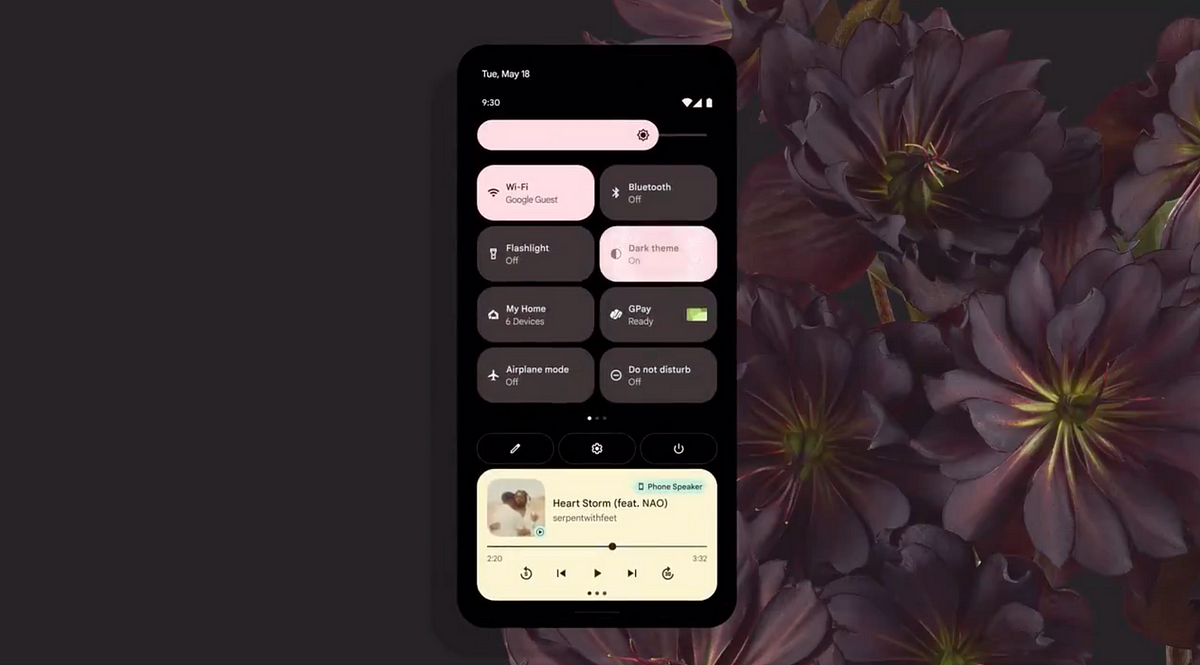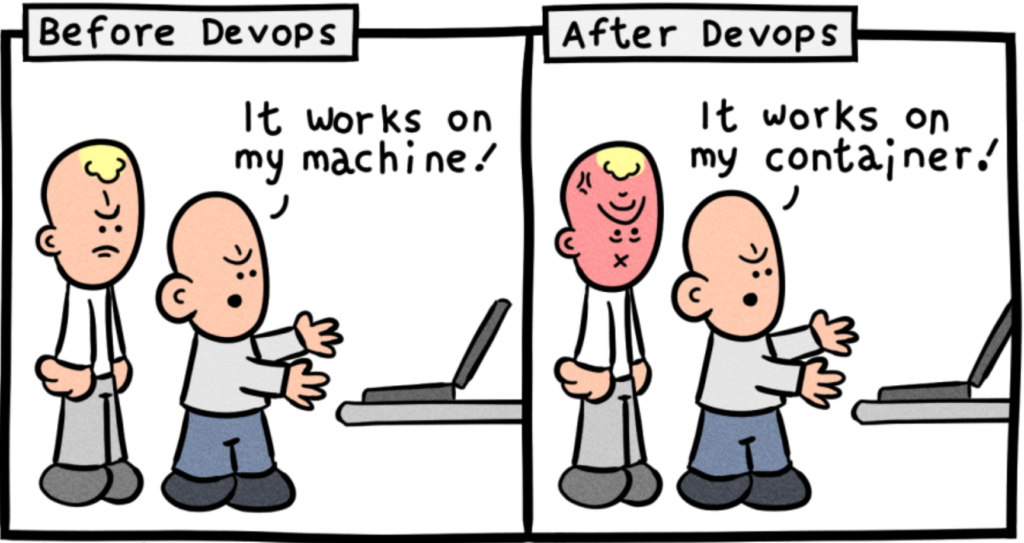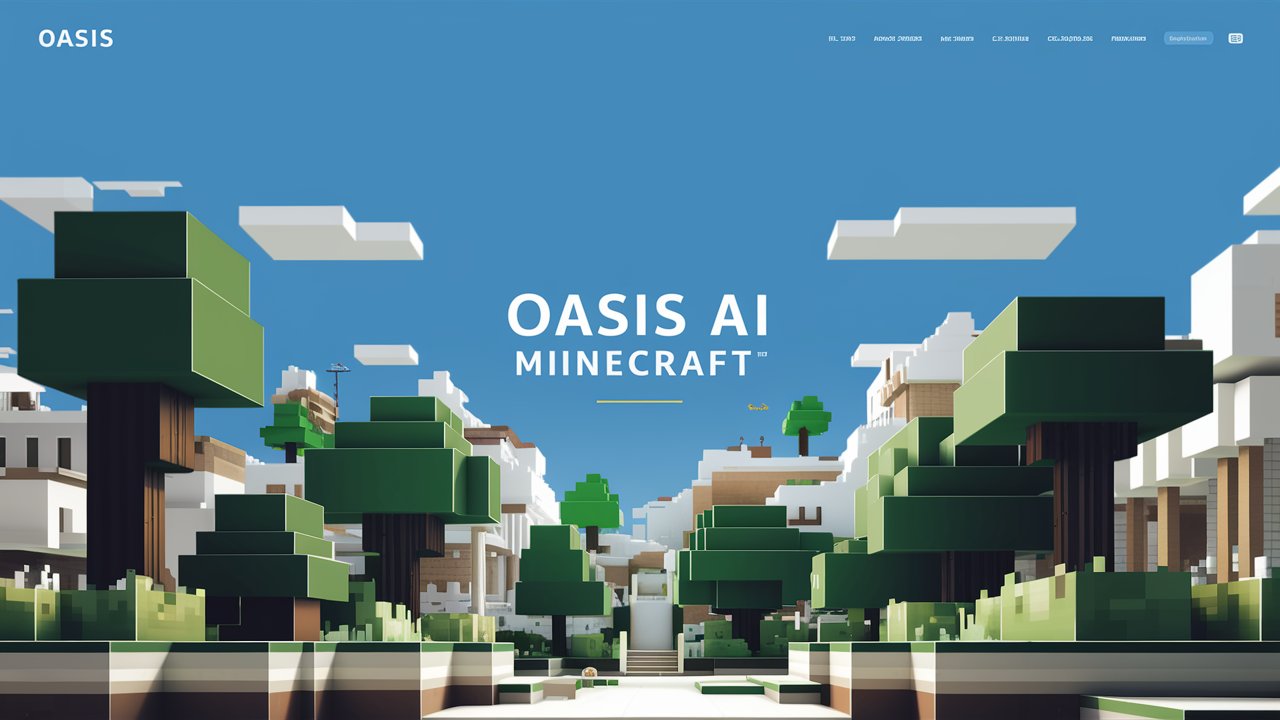
Google claims Big Sleep 'first' AI to spot freshly committed security bug that fuzzing missed
Google claims one of its AI models is the first of its kind to spot a memory safety vulnerability in the wild – specifically an exploitable stack buffer underflow in SQLite – which was then fixed before the buggy code's official release.
The Chocolate Factory's LLM-based bug-hunting tool, dubbed Big Sleep, is a collaboration between Google's Project Zero and DeepMind. This software is said to be an evolution of earlier Project Naptime, announced in June.
SQLite is an open source database engine, and the stack buffer underflow vulnerability could have allowed an attacker to cause a crash or perhaps even achieve arbitrary code execution. More specifically, the crash or code execution would happen in the SQLite executable (not the library) due to a magic value of -1 accidentally being used at one point as an array index. There is an assert() in the code to catch the use of -1 as an index, but in release builds, this debug-level check would be removed.
Thus, a miscreant could cause a crash or achieve code execution on a victim's machine by, perhaps, triggering that bad index bug with a maliciously crafted database shared with that user or through some SQL injection. Even the Googlers admit the flaw is non-trivial to exploit, so be aware that the severity of the hole is not really the news here – it's that the web giant believes its AI has scored a first.





















